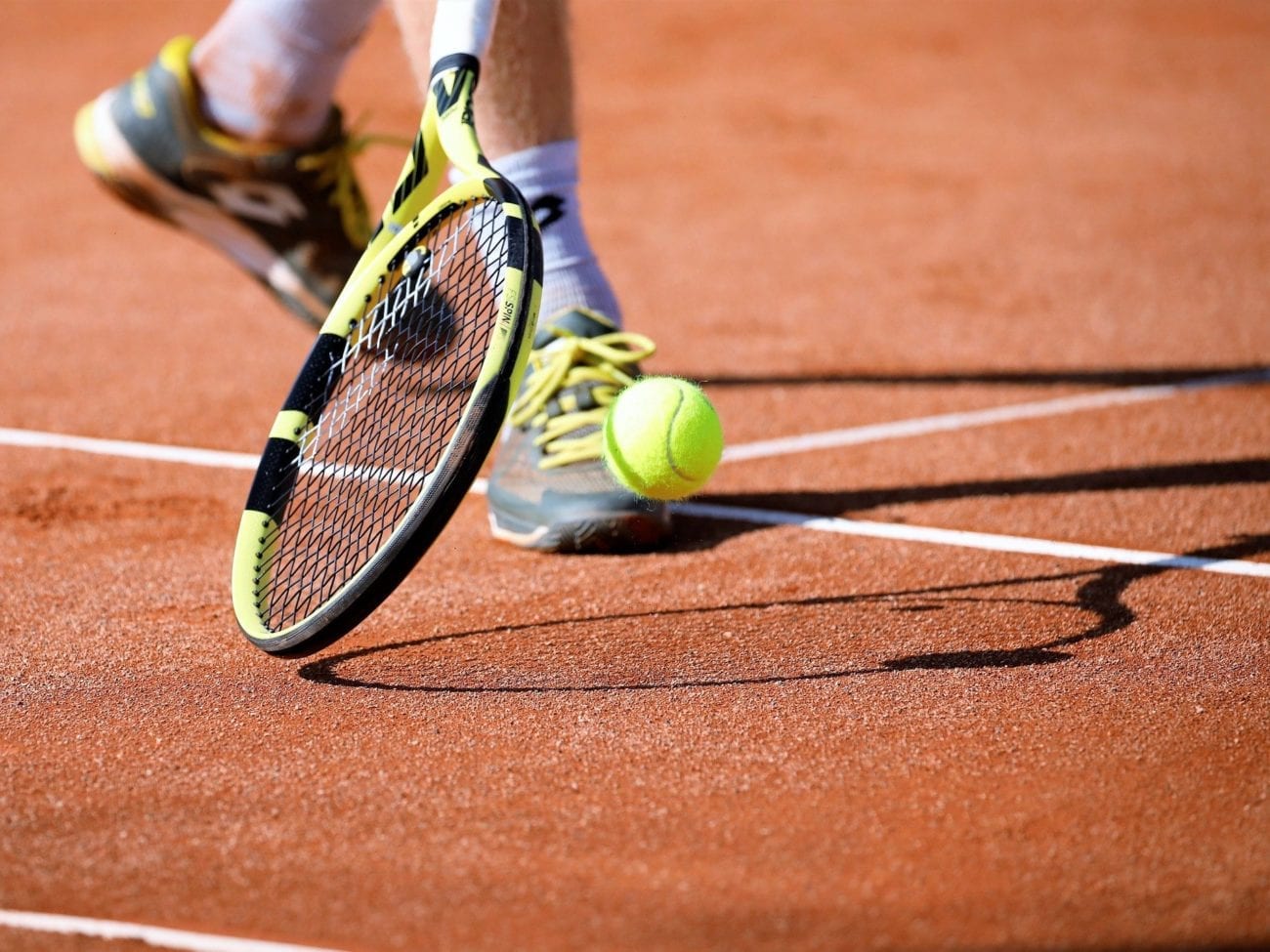Tennis and esports lead IBIA betting integrity alerts in first quarter

The quarterly total was slightly up on the same period last year when the IBIA sent out 61 alerts, but down from the 64 alerts reported in the final quarter of 2020.
Tennis remained the sport of most concern for the IBIA with 18 betting integrity alerts in Q1.
Of these alerts, six matches were provided to the International Tennis Integrity Agency as intelligence reports as they did not relate to events sanctioned by the main tennis tours. However, the IBIA said some players engaged in those events may fall within the scope of that body’s Tennis Anti-Corruption Program.
Esports ranked second with 17 alerts in the quarter, ahead of football on 12 alerts, table tennis with seven, basketball on five, volleyball with four and a single alert for horse racing.
In terms of geographical spread, alerts were registered across 20 countries during the first quarter.
Europe accounted for 29 alerts, with a quarter of all alerts in the period coming from Russia (10) and Bulgaria (six). Tennis, table tennis and football drew seven alerts each in Europe, ahead of basketball on five, two for volleyball and one for horseracing.
Asia saw 13 reports in the first quarter, with tennis leading the way on six alerts, while just three alerts were registered in Africa, all of which were for tennis.
A further two alerts came from South America – both in Chile for tennis – while no alerts were reported in North America or Australasia
“After a difficult 2020, many operators appear to be close to normality in terms of their pre-pandemic market offering,” IBIA chief executive Khalid Ali said. “This is reflected in the alert numbers and geographical spread for Q1, with a refocus on those sports that have traditionally and numerically dominated the betting offer globally, namely tennis and football.
“The association and its members continue to work closely with those sports, and indeed all sports that wish to engage with us, to identify potential corruption and to seek robust sanctions to punish and deter such illicit activity.”
